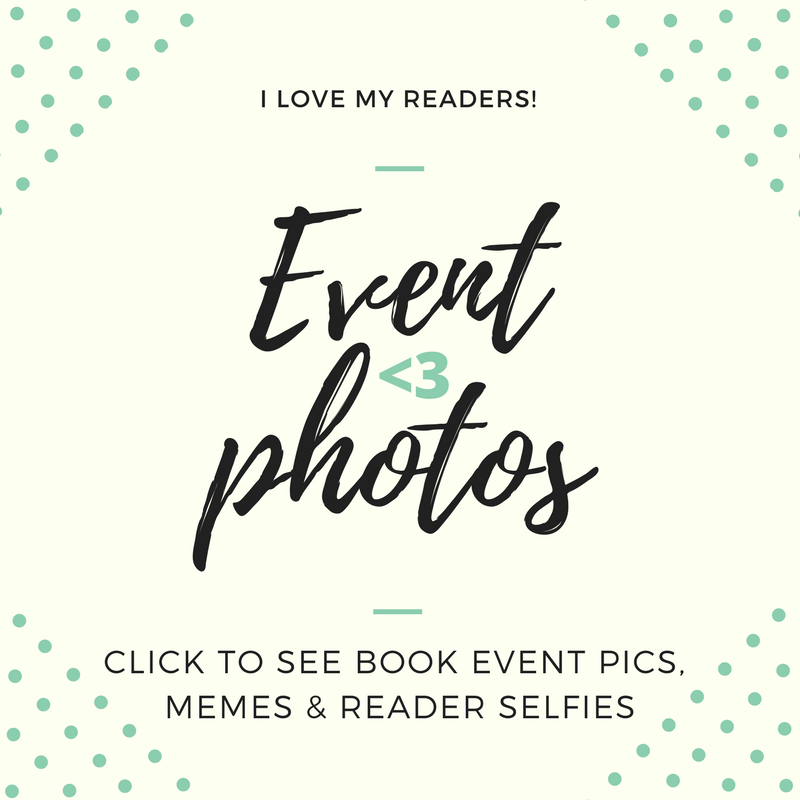Ever wonder how an agent can reject a manuscript, having read only the first 20 pages? How can they know a book isn’t something they want to represent with so little to go on?
Before a writer curses all agent-hood while typing the url, Smashwords.com, self-proclaimed Novel Diagnostician (and doesn’t she deserve such a lofty title?) Kristen Lamb says, “There are too many authors who dismiss why agents are rejecting them and run off to self-publish instead of fixing why their manuscript was rejected.” (Not that you shouldn’t self-publish; please do, so we can read your book. But! BUT! Before you do, get that MS polished to perfection by a professional–someone with demonstrated
industry knowledge of storycraft.)
Lamb points out, “Agents know that a writer only has a few pages to hook a reader. That’s the first thing. But agents also know that the first 20 pages are a fairly accurate reflection of the entire book. So let’s explore some common problems with beginnings and look to the problems that they can foreshadow in the rest of the work.” Here are excerpts from her post:
Info-Dump
The beginning of the novel starts the reader off with lengthy history or world-building. The author pores on and on about details of a city or civilization or some alien history all to “set up” the story.
In my experience, this is often the hallmark of a writer who is weak when it comes to characters and even plotting. How can I tell? He begins with his strength…lots of intricate details about a painstakingly crafted world. Although not set in stone, generally, if the author dumps a huge chunk of information at the start of the book, then he is likely to use this tactic throughout.
This type of beginning tells me that author is not yet strong enough to blend information into the narrative in a way that it doesn’t disrupt the story.
Readers read fiction for stories. They read Wikipedia for information. Information does not a plot make. Facts and details are to support the story that will be driven by characters with human wants and
needs. Keep the priorities straight. In twenty years people won’t remember the setting, they will remember people.
Book Starts Right in the Middle of the Action
A lot of new writers are being told to start right in the action, and this tip needs to be clarified. We need some kind of conflict in the beginning to make us (the reader) choose to side with/like the protagonist. This conflict doesn’t necessarily have to do with the main story problem (directly).
For instance, in the Hunger Games we are introduced to Katniss and we get a glimpse of the hell that is her life and the burden she has of feeding her family. We feel for her because she lives in a post-apocalyptic nightmare where life is lived on the brink of starvation.
Nothing terribly earth-shattering happens, but we care about this girl. So,
when Katniss is chosen to participate in The Hunger Games–a brutal gladiator game held by the privileged Capitol–we want her to win, because that means a life of food, shelter and relative safety.
Suzanne Collins didn’t start out with Katniss in the arena fighting the Hunger Games. That is too far in and is too jarring. We need
time with Katniss in her Normal World for The Hunger Games to mean anything or this action would devolve quickly into melodrama. Even though in the beginning, she isn’t per se pitted directly with the Capitol, she is pitted against starvation and depravity…which leads us nicely into the main cause of that starvation and depravity (the Capitol) and the solution to this life (win the Hunger Games).
Yet, many new writers take this notion of “start right in the action” and they dump the reader straight into the arena. There are world-shattering stakes and we are only on page 2.
This shows me that the writer could be weak in a number of areas. First, she may not be clear what the overall story problem is, so she is beginning with a “gimmick” to hook the reader. Secondly, this alerts me that the writer is weak in her understanding of scene and sequel novel structure.
Scenes are structured: Goal-> conflict -> disaster
So when a writer begins her book with Biff hanging over a shark tank surrounded by ninjas, two major steps in a scene have been
skipped. When a writer totally skips some fairly vital parts and thrusts us
straight into disaster, I already know the author will likely rely on melodrama from this point on. Why? Because that was how she began her book.
Book Begins with Internalization
Fiction is driven by conflict. Period. Writing might be therapeutic, but it isn’t therapy. When a writer begins with a character thinking and internalizing that is another huge warning flag of a number of problems.
Do you need internalization in a novel? Yes! But it has its place. Most internalization will be part of what is known as the sequel. Sequels transpire as a direct reaction to a scene. When a writer begins the novel with the sequel, that is a huge warning that, again, the writer is weak when it comes to structure. There is a definite purpose for reflection, but kicking off the action is not one of them.
Also, beginning with the protagonist “thinking” is very self-indulgent. Why do we as readers care about this person’s feelings or thoughts about anything? We don’t know this character. The only people who listen attentively to the thoughts, feelings, and disappointments of total
strangers are shrinks, and they are being paid well to do so.
Give us (your readers) time to know your character and become interested in her, and then we will care.
Like people who tell you about their abusive alcoholic father the first 30 seconds after you’ve met them, they likely will keep this trend of rudely dumping too much personal information. When the protagonist begins with all this thinking and more thinking…and more thinking,
it is probably a bad sign for the future. Just sayin’.
Book Begins with a Flashback
We do not need to know why a certain character did this or that or why a bad guy went bad. Again, that’s for therapy.
Did we really need to know why Hannibal Lecter started eating people for Silence of the Lambs to be an awesome book AND movie?
Now I know that there was a later explication of this….but it was an entirely different story (and one that really didn’t do well, I might mention).
Flashbacks often alert me that the writer needs time to grow. She hasn’t yet developed the skill to blend background details with the current conflict in a way that supports the story.
I’ll give you a great example: Watch the J.J. Abrams Star Trek. We find out exactly how Dr. Leonard McCoy gets his nickname, Bones…one line. “Wife got the whole planet in the divorce. All I got left is my bones.” The audience didn’t have to have a flashback to get that McCoy’s divorce was really bad. That is a great example of a writer seamlessly blending
character back story.
Also, sometimes, not knowing why adds to the tension. The Force was more interesting before it was explained.There are three really great books I highly recommend if you want to work on your beginnings (and even learn to fix the problems that bad beginnings foreshadow). Plot and Structure by James Scott Bell, Hooked by Les Edgerton, and Scene and Sequel by
Jack Bickham.
Many authors are being rejected by the first 20 pages, and because most agents are overworked, they don’t have time to explain
to each and every rejected author what they saw. Thus, too many writers are
reworking and reworking their beginning and not really seeing that their weak beginning is a symptom of larger issues.
Hopefully, though, today Kristen Lamb gave you some helpful insight into what an editor (or an agent) really sees so you can roll up your sleeves and get to what’s truly going on.
What are some novels you guys can think of that had amazing beginnings?
What hooks you? How long will you give a novel before you buy it? How long will you give a novel you have bought before you put it down?
Kristen Lamb’s best-selling books We Are Not Alone–The Writer’s Guide to Social Media and Are You There, Blog? It’s Me, Writer. Lamb’s methods teach you how to make building your author platform fun. She helps writers change approach, not personality.
Can’t get enough Kristen Lamb? (Me neither!) Check this out: Editing Fiction for Intelligent Readers (No Spoon-feeding Allowed.)




 My prevailing goal in 2010 is to be more focused. I’ve discovered that in my attempt to have many eggs in several baskets, what I have actually created are several extraneous time-wasters.
My prevailing goal in 2010 is to be more focused. I’ve discovered that in my attempt to have many eggs in several baskets, what I have actually created are several extraneous time-wasters.